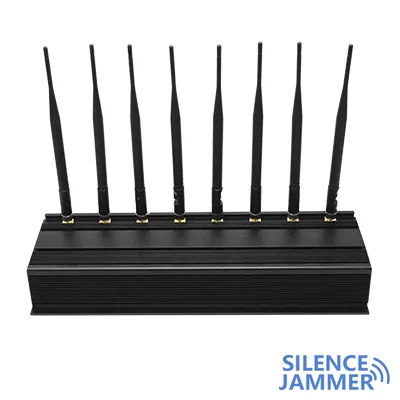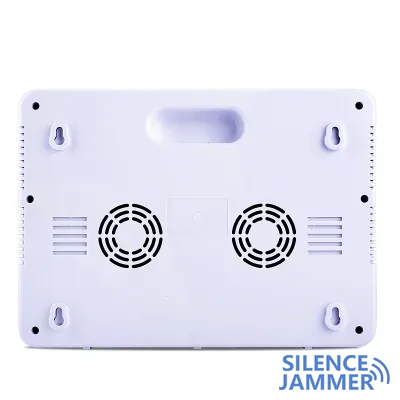The National Security Agency also uses signal blocking devices, a technical measure that has been widely used in prisons and other high-security places. Phones show more human interference to prevent prisoners from communicating in prisons. The Great Hall of the People (Cope) in Johannesburg on Thursday called on the Prison Service to urgently implement the use of mobile phone jammers in South African prisons. Local media reported that Nigerian TV promoter Timothy Omotoso, who is being held in St. Albans Prison in Port Elizabeth for rape, was allowed to hold a video conference to declare independence.

The department has launched an investigation into Omotoso's preference allegations. According to a direct report by the African News Agency in December last year, during a recent raid at the Johannesburg Central Prison, a number of mobile phones were found in prison cells, hiding various prohibited items, including dangerous weapons and drugs. Dennis Bloom, spokesman for the Cooperative, said the party had been reliably informed that having mobile phones in prisons was beneficial because prisoners were able to communicate freely with the outside world. Criminal gangs and drug dealers use mobile phones to conduct illegal activities inside prison cells. "The large number of mobile phones in our prisons is just the tip of the iceberg. I have no doubt that mobile phones can be found in all prisons," he said. "I don't understand why it is so difficult for the correctional services to install this technology."
"When prisoners use mobile phones, criminals can use them to attack witnesses, victims, community managers and even law enforcement and judicial personnel. Removing and locking mobile phones is essential for the well-being of society." Mr. Bloom said the party had called an emergency meeting with the Minister of Justice and Minister of Corrections Michael Masuda. During the 2016 Presidential State of the Union Address, the National Security Agency activated the signal jammer in Parliament for security reasons to prevent the media from reporting to Parliament.

The National Security Agency uses signal jammers not only in prisons, but also in highly sensitive places such as Parliament to prevent unauthorized information leaks. In a prison environment, the presence of mobile phones poses a serious threat to security, allowing prisoners to continue criminal activities, including drug dealing, violent attacks and other illegal activities. Installing jammers can effectively cut off prisoners from the outside world and prevent the continued occurrence of criminal behavior.
The use of signal blocking devices is of great significance in the field of security. It not only protects the security inside and outside the prison, but also prevents the leakage of sensitive information and unauthorized communications in certain specific occasions, such as the National Parliament and major public events. Through such technical measures, the National Security Agency has improved the overall security level and reduced potential security risks and threats.

However, the application of signal jammers should also be carefully considered to ensure that it will not cause excessive impact on the normal communication of unrelated personnel. Reasonable technical management and application strategies can maximize public safety while maintaining citizens' basic communication rights. Through continuous technological innovation and effective management, signal jammers will play a greater role in the field of security and provide solid guarantees for social stability and security.


